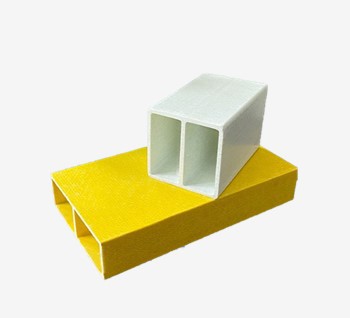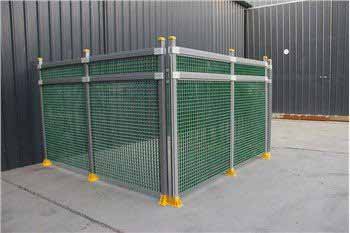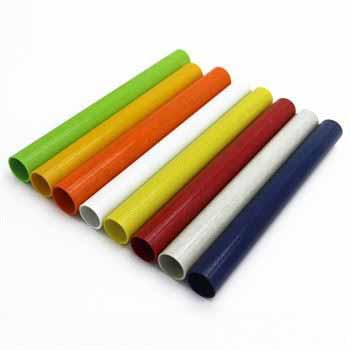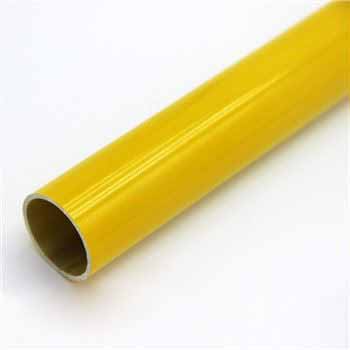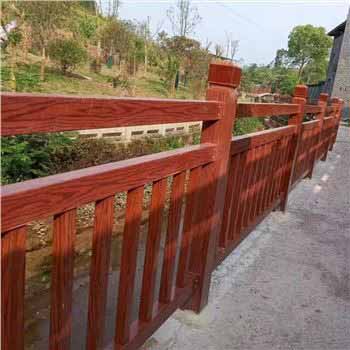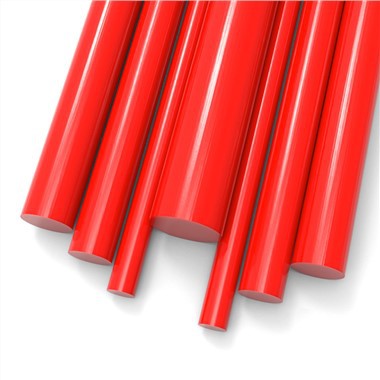Fiberglass composite deck is a type of decking material that consists of fiberglass reinforced polymer (FRP) planks or panels. Fiberglass composite deck has many advantages over traditional decking materials, such as wood, steel, or aluminum. Some of these advantages are:
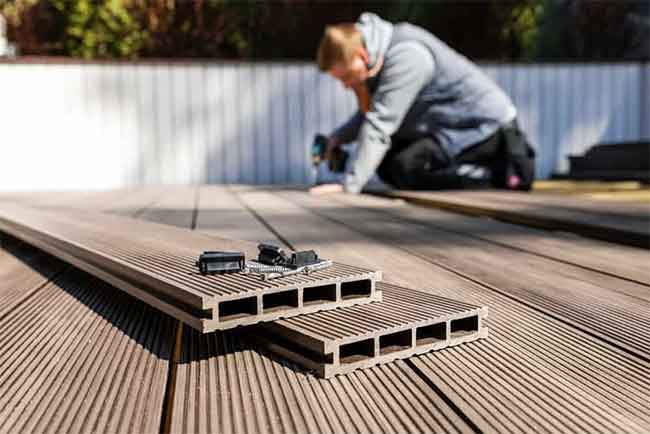
Corrosion resistance: Fiberglass composite deck can withstand harsh environmental conditions, such as saltwater, moisture, chemicals, and UV rays. It does not rust, rot, warp, or decay like metal or wood decking.
Lightweight: Fiberglass composite deck is much lighter than metal or wood decking, which reduces the structural load and transportation cost. It also allows for longer spans and easier installation.
Strength and durability: Fiberglass composite deck has high strength-to-weight ratio and can resist impact, fatigue, and abrasion. It can also be designed to meet specific load and performance requirements.
Non-slip and non-sparking: Fiberglass composite deck has a textured or gritted surface that provides slip resistance and safety. It also does not conduct electricity or generate sparks, which makes it suitable for applications near electrical lines or flammable materials.
Low maintenance: Fiberglass composite deck does not require painting, coating, or sealing. It is easy to clean and has a long service life.
Fiberglass composite deck has been widely used in various industries, such as marine, oil and gas, renewable energy, and construction. Some examples of its applications are:
Marine Industry
Fiberglass composite deck is ideal for marine applications, as it can withstand the corrosive effects of seawater and marine organisms. It is also resistant to fire and impact, which enhances the safety and reliability of marine structures. Some examples of marine applications are:
Ship hulls and components: Fiberglass composite deck can be used to construct ship hulls, propeller blades, rudders, masts, and other components. It can reduce the weight and drag of the ship, improve its speed and fuel efficiency, and extend its service life.
Offshore platforms and structures: Fiberglass composite deck can be used to build offshore oil and gas platforms, wind turbines, tidal turbines, wave energy converters, and other structures. It can withstand the high stresses and loads caused by wind, waves, and tides. It can also reduce the maintenance cost and downtime of the offshore structures.
Marine gratings and walkways: Fiberglass composite deck can be used to make gratings and walkways for docks, piers, bridges, ladders, stairs, ramps, and other marine facilities. It can provide a safe and comfortable surface for pedestrians and workers.
Oil and Gas Industry
Fiberglass composite deck is suitable for oil and gas applications, as it can resist the corrosive effects of oil, gas, water, chemicals, and acids. It is also resistant to fire and explosion, which enhances the safety and security of oil and gas facilities. Some examples of oil and gas applications are:
Piping and ducting: Fiberglass composite deck can be used to make piping and ducting for oil and gas transportation, distribution, processing, storage, and disposal. It can reduce the leakage risk and pressure loss of the piping and ducting systems.
Storage tanks and vessels: Fiberglass composite deck can be used to make storage tanks and vessels for oil and gas products. It can prevent the contamination and degradation of the stored products.
Odor control covers: Fiberglass composite deck can be used to make odor control covers for oil and gas facilities. It can reduce the emission of volatile organic compounds (VOCs) and odors from the facilities.
Renewable Energy Industry
Fiberglass composite deck is beneficial for renewable energy applications, as it can reduce the weight and cost of renewable energy devices. It can also improve the performance and efficiency of renewable energy devices. Some examples of renewable energy applications are:
Wind turbine blades: Fiberglass composite deck can be used to make wind turbine blades that are lighter, stronger, stiffer, more aerodynamic, more durable, and more adaptable than metal or wood blades. It can increase the power output and reliability of wind turbines.
Tidal turbine blades: Fiberglass composite deck can be used to make tidal turbine blades that are resistant to seawater corrosion and marine fouling. It can also withstand the high stresses and loads caused by tidal currents.
Solar panels: Fiberglass composite deck can be used to make solar panels that are lighter, more flexible, more resilient, and more efficient than conventional panels. It can also reduce


